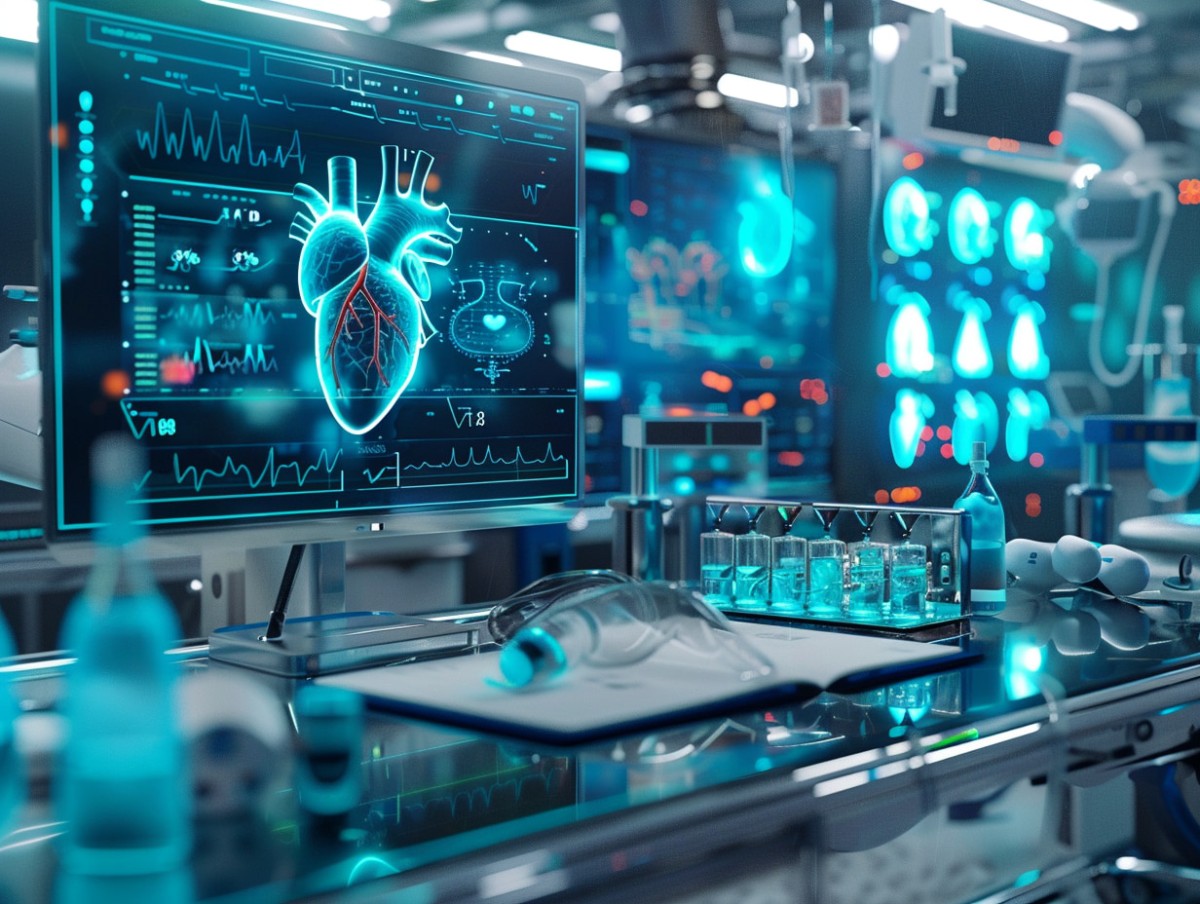Heart disease remains a global health concern, impacting millions of people around the world. According to the World Health Organization (WHO), an estimated 17.9 million people died from cardiovascular diseases (CVDs) in 2019, representing 32% of all global deaths.
The record translates to one person dying every 34 seconds from a heart attack or stroke, the two leading causes of CVD deaths.
Moreover, the burden of heart disease is not evenly distributed across the globe. Low- and middle-income countries are disproportionately affected, with over three-quarters of CVD deaths occurring in these regions. This disparity often stems from limited access to quality healthcare, healthy food options, and preventive measures.
AI Steps Up to Fight Heart Disease Globally
But things are beginning to change for good, especially on the preventive side, as researchers in the field of cardiology record significant progress in bringing artificial intelligence into clinical practice, offering improved diagnosis and treatment for patients with or at risk of heart disease.
A team of researchers led by Albert Hsiao, Professor of Radiology at UC San Diego Health, was reported to develop an AI algorithm that can measure heart function and detect heart disease earlier than ever before.
Speaking on the potential of AI in cardiology, Dr. Hsiao said the technology has enabled them to do things that were previously impossible.
“I think AI allows us to do things that we couldn’t really do before. It can see things that we couldn’t necessarily see before,” Dr. Hsiao said. “There are algorithms that we’ve developed for enhancing the image quality, giving you image details that you couldn’t get before.”
The Doctor’s New Ally in the Fight Against Heart Disease
Dr. Hsiao talked highly of the technology, saying AI algorithms are able to detect abnormalities earlier and automatically do things that would have taken years to train expert physicians to do.
Ideally, AI in cardiology complements the expertise of doctors, not a competition. Doctors have extensive knowledge and experience, but AI can analyse vast amounts of data to identify patterns and trends that humans might miss. This allows doctors to leverage AI’s capabilities for tasks like risk assessment and early detection, freeing up their time to focus on the more nuanced aspects of patient care.





